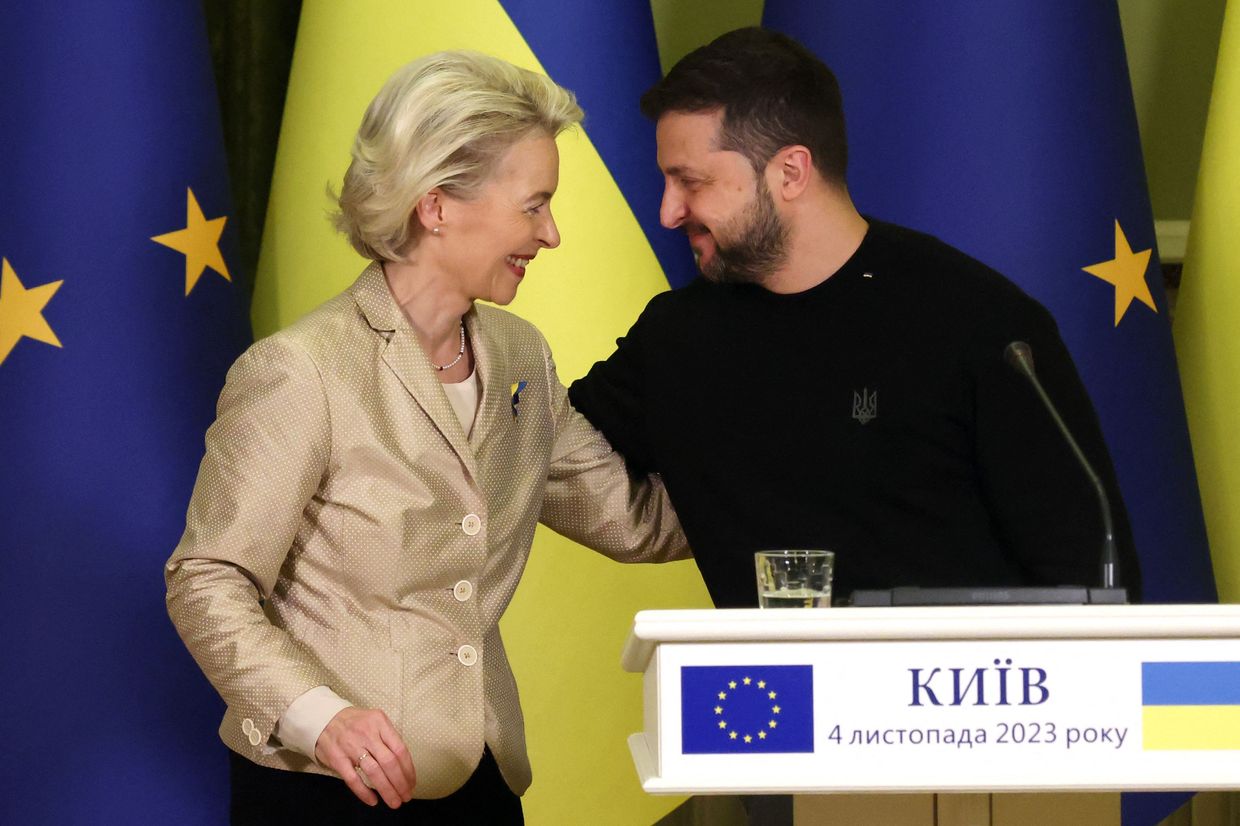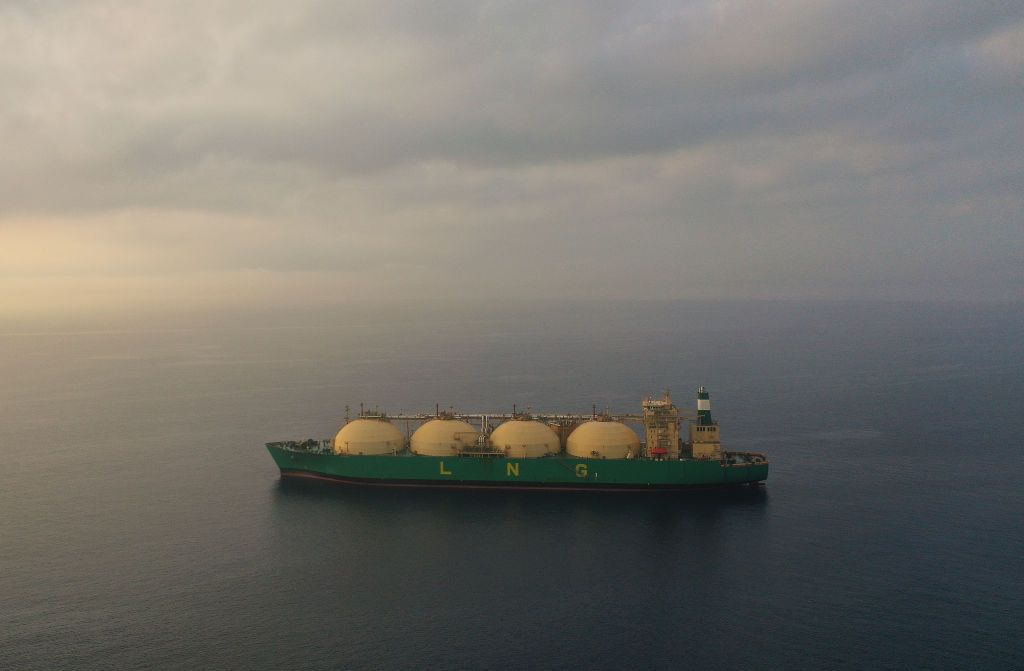The EU paid 21.9 billion euros ($22.9 billion) for Russian fossil fuel imports in the third year of Moscow's invasion of Ukraine, just a 1% year-on-year drop in volumes, according to a new report by the Center for Research on Energy and Clean Air (CREA) published on Feb. 24.
The total of Russian imports exceeds the 18.7 billion euros ($19.6 billion) in financial aid that Europe sent to Ukraine in 2024, said the report, published on the third anniversary of the full-scale invasion.
While Europe began reducing its dependence on Russian energy after Moscow's full-scale invasion of Ukraine and Gazprom gradually cut flows to the EU to pressure Ukraine's allies, the EU has continued to fuel the Kremlin’s war chest with imports of Russian fossil fuels.
"Since the beginning of the war in Ukraine, Europe has made significant progress in terms of energy independence. Imports of Russian oil and gas have decreased substantially, with gas imports dropping from 45% in 2021 to 18% in 2024,” said Thomas Pellerin-Carlin, EU Parliament member, in a comment for the report.
“However, a quarter of Russia's fossil fuel export revenues still come from Europe."
Despite reduction efforts, EU member states spent 7 billion euros ($7.3 billion) on Russian natural gas in the third year of the full-scale invasion, with volumes rising 9% compared to the previous year.
Stronger sanctions could cut the Kremlin's fossil fuel revenues by 51 billion euros ($53.3 billion) annually, effectively reducing profits, said CREA.
Russia's total global fossil fuel revenue reached 242 billion euros ($253 billion) in the third year of the full-scale invasion, mainly due to its increased use of "shadow" tankers to transport oil to new markets, bypassing oil price caps.
"Due to insufficient sanctions and loopholes, Russia has earned over 825 billion euros ($862.9 billion) from fossil fuel exports since the start of their invasion of Ukraine," said Isaac Levi, Europe-Russia Energy policy analyst of CREA.
"Sanctioning countries are fueling the very war that's killing their allies in Ukraine," Levi said.
The European Union on Feb. 24 approved its 16th package of sanctions imposed against Russia in response to its full-scale invasion of Ukraine, targeting Russia's "shadow fleet" of oil tankers, banks, aluminum imports, and other sectors.
"The West’s strategic priority should be to impose sanctions on as many Russian shadow oil vessels as possible," said Petras Katinas, energy analyst at CREA.
"Targeting these ships would not only curtail Moscow’s revenue from a key export but also strengthen leverage to enforce or adjust the price cap mechanism."
EU members Slovakia, Hungary, and Czechia continue exploiting exemptions, importing 4.9 billion euros ($5.1 billion) of Russian pipeline oil in the third year.
"This isn't about technical constraints, but about putting profits from discounted Russian crude ahead of European security," said CREA analyst Luke Wickenden.
Three countries now dominate Russian fossil fuel purchases: China (78 billion euros or $81.6 billion), India (49 billion euros or $51.3 billion), and Turkey (34 billion euros or $35.6 billion), accounting for 74% of Russia's fossil fuel revenues.














